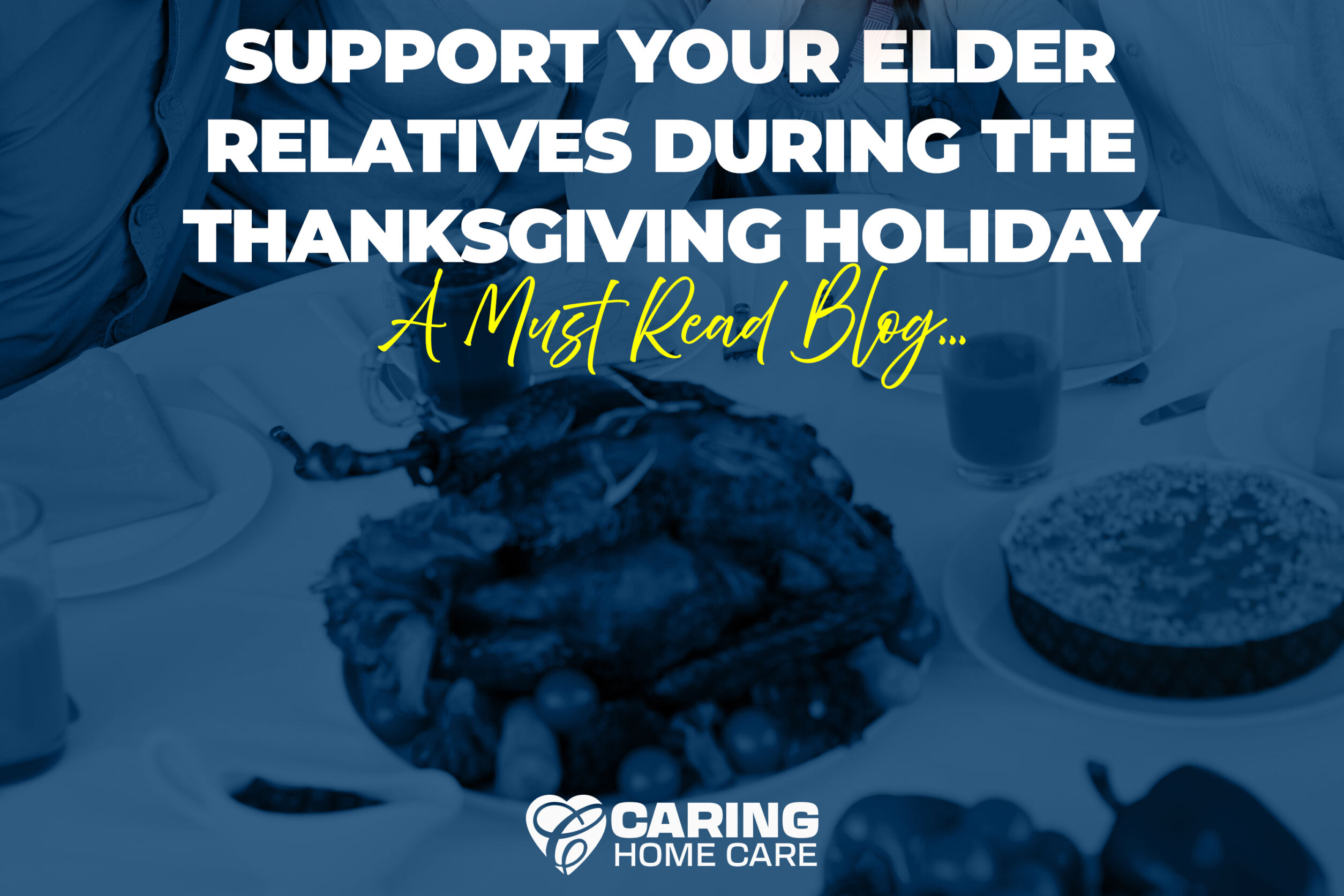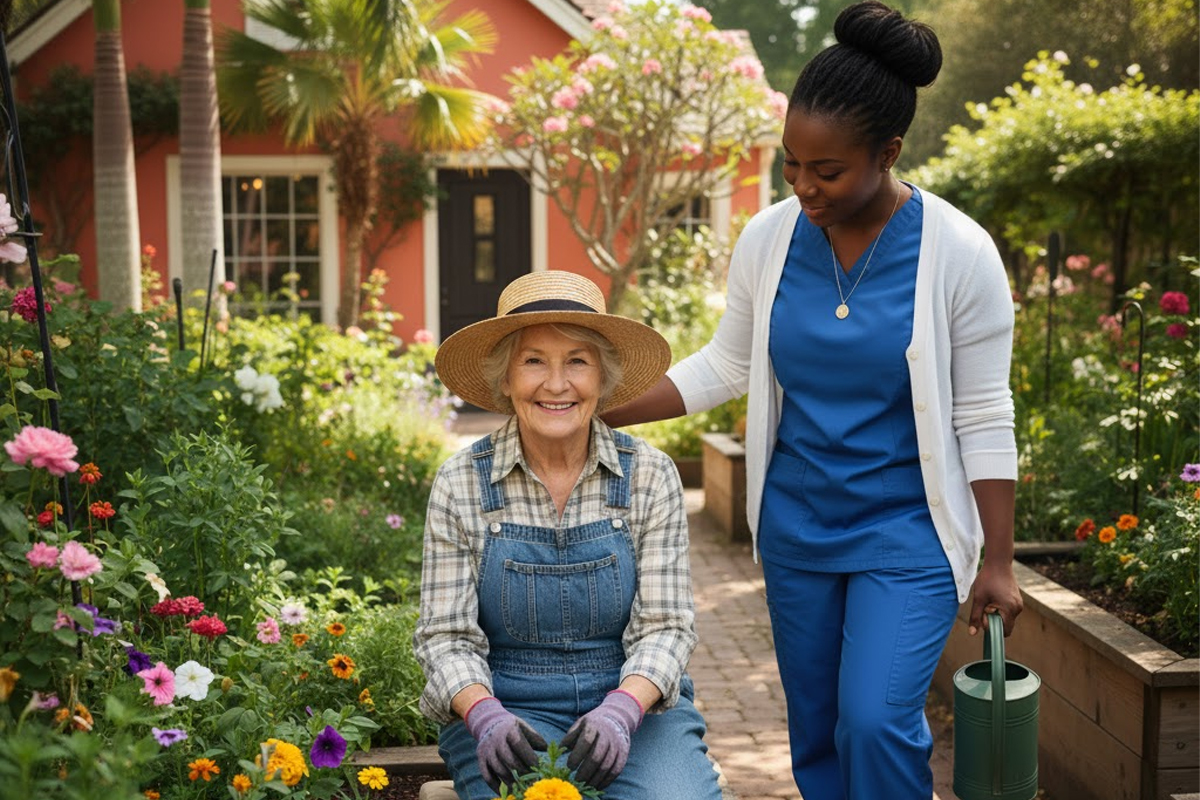Share

Proper nutrition is crucial for elderly patients to maintain their health and well-being, especially when they are receiving home care. As people age, their nutritional needs change, and they may face challenges that make it difficult to eat well. Caregivers can play a vital role in ensuring that elderly patients receive balanced and nutritious meals. Here are some comprehensive tips for caregivers to enhance the nutritional intake of elderly patients:
1. Balanced Diet: A well-balanced diet is essential for elderly patients. Caregivers should aim to include a variety of food groups in each meal, such as fruits, vegetables, lean proteins, whole grains, and low-fat dairy products. A diverse diet ensures that elderly patients receive essential vitamins and minerals necessary for maintaining their health.
2. Hydration: Elderly individuals are at a higher risk of dehydration, which can lead to various health issues. Caregivers should encourage regular water intake throughout the day. Offer fluids in different forms such as water, herbal teas, and soups to make it easier for patients to stay hydrated.
3. Small, Frequent Meals: Instead of three large meals a day, consider offering smaller, more frequent meals. This approach can help maintain energy levels and prevent overeating. It also helps those with smaller appetites or digestive issues to get the necessary nutrients without feeling overwhelmed.
4. Nutrient-Rich Foods: Focus on nutrient-dense foods that provide more vitamins and minerals per calorie. Foods like leafy greens, berries, nuts, seeds, and lean meats are excellent choices. These foods can help meet the nutritional needs of elderly patients without excessive caloric intake.
5. Dietary Supplements: Sometimes, it may be challenging to get all necessary nutrients from food alone. Consult with a healthcare provider about the possibility of incorporating dietary supplements, especially for calcium, vitamin D, and B vitamins, which are commonly needed in higher amounts by the elderly.
6. Special Diets: Many elderly patients have specific dietary needs due to chronic conditions such as diabetes, heart disease, or hypertension. Tailor the diet to meet these requirements. For example, those with diabetes should monitor carbohydrate intake, while those with heart disease should reduce sodium and saturated fats.
7. Food Safety: Ensure that all food is stored, prepared, and cooked properly to prevent foodborne illnesses. Pay attention to expiration dates, proper refrigeration, and thorough cooking of meats. Elderly individuals have weaker immune systems, making them more susceptible to food-related illnesses.
8. Meal Planning and Preparation: Plan meals ahead of time and prepare them in a way that makes eating easier for the patient. This might involve cutting food into smaller pieces, pureeing, or making soft foods that are easier to chew and swallow. Caregivers can also prepare meals in batches and freeze them for convenience.
9. Encourage Social Eating: Eating alone can lead to reduced food intake and enjoyment. Whenever possible, encourage social meals with family, friends, or other caregivers. Social interaction during meals can improve appetite and make eating a more enjoyable experience.
10. Monitor and Adjust: Regularly monitor the patient’s nutritional intake and adjust the diet as needed. Pay attention to changes in appetite, weight, and overall health. Consult with healthcare professionals to make necessary dietary adjustments.
By following these tips, caregivers can help ensure that elderly patients receive the nutrition they need to maintain their health and well-being. Proper nutrition can significantly improve the quality of life for elderly individuals receiving home care.
Connecting During the Thanksgiving Holiday: How to Support Your Elder Relatives The Thanksgiving holiday is a time filled with warmth, gratitude, and meaningful family traditions. However, for many older adults, it can also be a period of loneliness or emotional distance. This is especially true for seniors who live alone, have limited mobility, or are
Transition to In-Home Care: Helping Seniors Adjust Comfortably to Elderly Care Services Understanding the In-Home Care Transition The decision to begin in-home care is a big step for both seniors and their families. It often marks the start of a new chapter—one focused on safety, comfort, and support. However, the in-home care transition can bring
Celebrate Holidays with Seniors: Creating Joyful and Meaningful Moment The holiday season is a time of warmth, joy, and connection. For seniors, it’s an opportunity to celebrate cherished traditions and create new memories with loved ones. However, the holidays can also bring challenges — from health concerns and limited mobility to feelings of loneliness. With
Benefits of Gardening for Seniors Gardening is more than just a hobby — it’s a therapeutic and rewarding activity that promotes physical, emotional, and mental well-being. For older adults, the simple act of planting flowers or tending to vegetables can provide a sense of purpose, connection, and peace. Whether done in a backyard, balcony, or
Need A Caregiver? Fill Out Form Below
With our competitive rates, we make receiving in-home care affordable regardless of whether you’re using your insurance or paying out of pocket.






